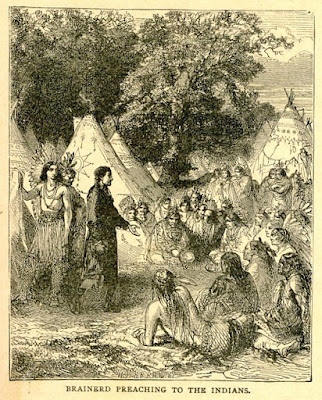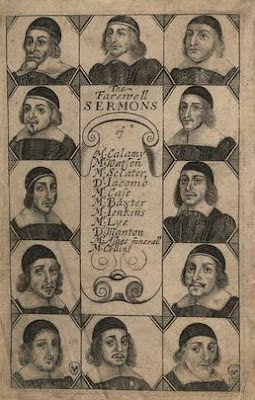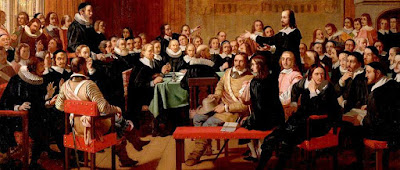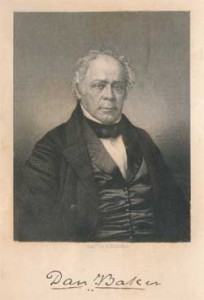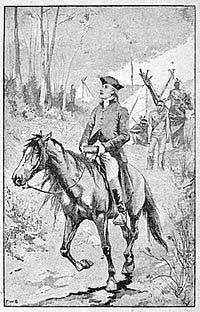Posts
Showing posts from August, 2016
Rev. Samuel Occam: A Great Blessing of the Great Awakening
- Get link
- Other Apps
Of Prayer: Which is the third petition?
- Get link
- Other Apps
The Merger of Calvinism with Worldliness
- Get link
- Other Apps
Thomas Cranmer's Martyrdom - By John Foxe
- Get link
- Other Apps
Daily Devotional: How To Run the Race
- Get link
- Other Apps
Of Prayer: Which is the second petition?
- Get link
- Other Apps
The URCNA Committee Report On The Federal Vision
- Get link
- Other Apps
The Six Johns: Dangerous Times Demand Vigorous Faith
- Get link
- Other Apps
How Do You Know Whether Preaching Edifies?
- Get link
- Other Apps
Of Prayer: Which is the first petition?
- Get link
- Other Apps
"Thy will be done on earth as it is in heaven"
- Get link
- Other Apps
Refuge - Psalm 46 by Judy Rogers
- Get link
- Other Apps
What You Must Do When You Feel Spiritually Dead
- Get link
- Other Apps
Why has Christ commanded us to address God thus: "Our Father"?
- Get link
- Other Apps
The Divine Institution of Marriage as Set Forth in Ephesians 5:22-33 (Part II)
- Get link
- Other Apps
Measuring the Greatness of Salvation
- Get link
- Other Apps

